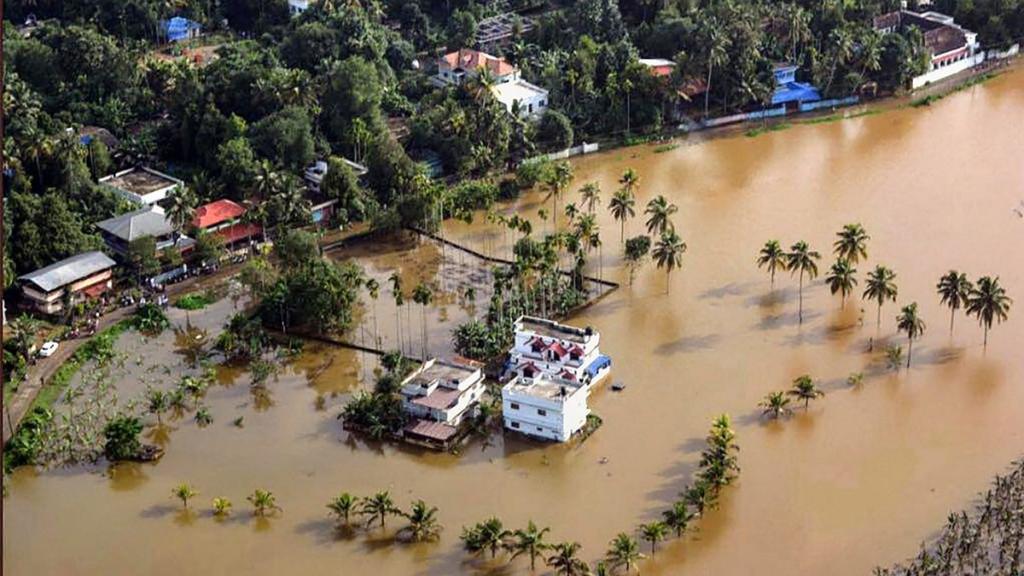
Global climate change is one of the focuses of quite serious environmental issues, not only discussed in Indonesia but also in various countries around the world. Climate change is an impact resulting from global warming, so it has an impact on various sectors of life in the world. This occurs due to a form of imbalance in the ecosystem on earth due to the process of increasing the average temperature of the atmosphere, sea and land on earth.
The phenomenon of increasing global temperatures from year to year is due to the greenhouse effect caused by increasing greenhouse gas emissions. The biggest cause of global warming is the result of human activities that emit greenhouse gases. This gas, which is naturally obtained from evaporation and eruption sources, will fill the atmosphere and will reflect solar radiation back to the earth so that the earth’s temperature increases.
Greenhouse gases are produced by almost all sectors of activities that use fossil fuels, organic waste and cooling materials in electronic devices. Activities such as deforestation, poor waste management and coal-fired power plants also increase the production of greenhouse gas emissions.
In the last few years, it seems as if the earth has never been absent from various threats of disaster. The condition of the earth is not good. Not a few of them have claimed lives, including in Indonesia. As a report from the National Disaster Management Agency states that 90% of disasters that occur in Indonesia are disasters influenced by weather factors or can also be called hydrometeorological disasters.
This is caused by the impact of climate change.World Economic Forum on The Global Risk Report stated that climate change still occupies the top position as a cause of global disasters, such as natural disasters, extreme weather, food and clean water crises, loss of biodiversity, and even ecosystem collapse. The Intergovernmental Panel on Climate Change (IPCC), which is an international communication forum regarding climate change, also states that the biggest cause of climate change is an increase in the earth’s surface temperature (global warming).
Climate change also has serious impacts on various sectors, both negative and positive impacts. Negative impacts due to climate change include an increase in average temperature, an increase in the intensity of rainfall and a shift in the rainy season, which can increase the risk of infectious diseases such as malaria and dengue fever, as well as threaten human health through air and water pollution, disruption of ecosystems and biodiversity.
However, climate change does not always have negative impacts. Climate change also has positive impacts such as long land seasons in cold climates, vegetation growth in cold climates, and new shipping routes. It can be concluded that the dangers of climate change do not only impact one sector but many other sectors are also affected. Departing from the daily activities carried out by society, such as the use of motorized vehicles which have the potential to produce carbon dioxide and other pollutants, will support climate change.
The community needs to take part in reducing the impact of community activities that will result in climate change, such as carrying out sustainable transportation, planting and caring for trees, and carrying out the 3Rs to protect the earth. Not only society, but the role of government here is very important.
The Indonesian government has committed to reducing national GHG emissions by up to 26% by 2020 using domestic funding sources, as well as reducing emissions by up to 41% if there is international support for mitigation actions. This activity is outlined in the National Action Program for Reducing Greenhouse Gas Emissions. The government and society must be aware of the threats that can cause this phenomenon. The involvement of all parties, especially non-governmental actors, is urgently needed, because it will form a new bottom-up force for climate governance.
The problem of climate change, the impact of global warming, is a problem for everyone on earth, therefore everyone must act. As a small example, it starts with one’s own initiative, apart from other factors such as primary, secondary, senior and tertiary education. Primary, secondary and higher education plays an important role in preparing future generations to understand, appreciate and act on climate change and its impacts, especially the phenomenon of global warming.
Universities play a key role in improving the quality and quantity of research in Indonesia, especially regarding climate change and sustainable development. Moreover, universities, as producers of the nation’s future youth, are a strategic place to forge the mentality of the nation’s successors so they are able to understand and have the courage to voice their concern about climate change.
Climate change is a real and urgent threat to all people on earth. Its broad and diverse impacts demand immediate and coordinated action from governments, the private sector and the global community. Only with collective and sustained efforts can we reduce the risks of climate change and ensure sustainability for future generations. Therefore, before everything happens, let’s work together to save our earth from all kinds of disasters caused by climate change. We start with activities to remove everything that produces greenhouse gas emissions from ourselves, our families and the environment. As the wise saying goes, prevention is better than cure.
By: Khariza Fazari Shafiya
Write and Win: Participate in Creative writing Contest & International Essay Contest and win fabulous prizes.


